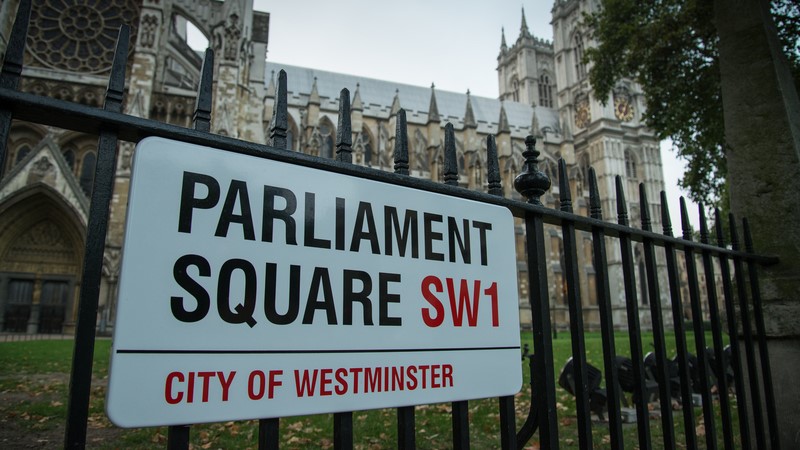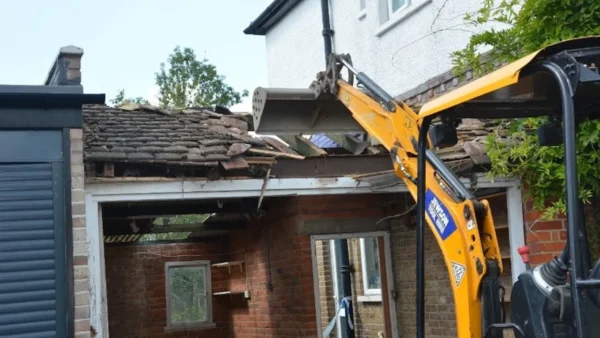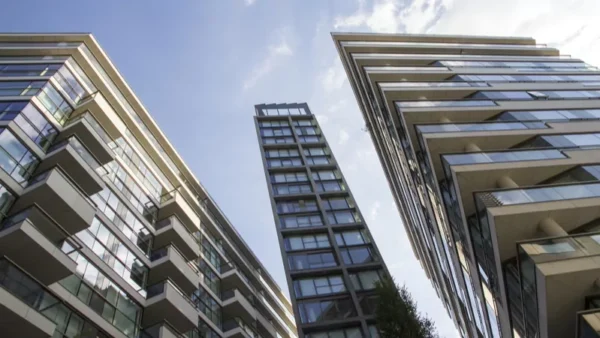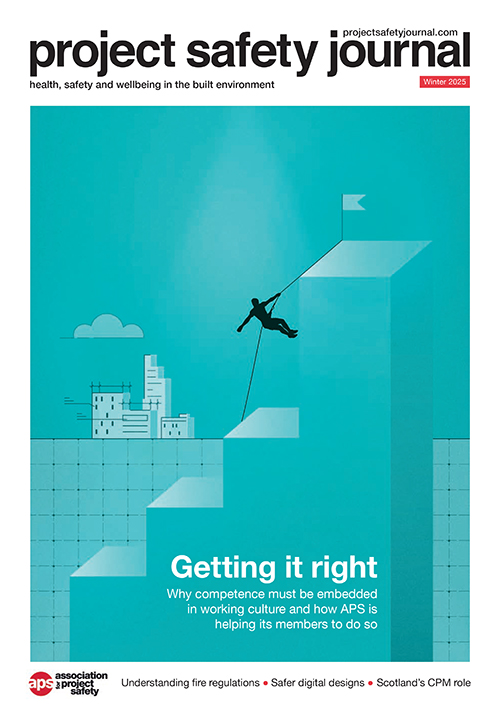Professional bodies across the built environment are ringing alarm bells about the Building Safety Bill’s latest amendments and its potentially ‘dire consequences’.

The Construction Industry Council (CIC) has warned that late Government amendments to its Building Safety Bill – including plans to extend defects liability – are “unworkable and could force professionals to leave the sector, have a negative impact on SMEs and jeopardise the levelling up agenda”.
The Association for Project Safety (APS) president Jonathan Moulam said: “APS supports the Construction Industry Council [CIC] and our colleagues across the construction sector in raising concerns.
“The Building Safety Bill is a wasted opportunity to make the built environment safer for everyone. The concentration on structural fire risk replays a disaster that should never have happened without looking forward to how safety can be improved more generally.
“The Bill as it stands creates dangers of its own and is likely to make homes less affordable while pushing small firms out of business. Potential costs could make the existing skills’ crisis worse. Around 70% of people working in construction work for small businesses or on their own and they could just give up if problems obtaining or affording professional indemnity insurance.
“There is still time to strengthen the proposed new law to put safety at the heart of any new building or project. APS believes safety can be front and centre if government makes it a duty for any building covered by the Bill to be safe both to build and in use. The government should also consider backing special underwriting provisions – such as it did for home insurance in Northern Ireland or for homes in areas prone to flooding – so that household premiums can be kept to an affordable level.”
CIC evidence
The CIC’s comments are part of evidence given to the Levelling Up, Housing and Communities Committee inquiry which is scrutinising the Secretary of State’s approach to fixing the building safety crisis.
The evidence highlighted that the proposal to retrospectively extend the limitation period under section 1 of the Defective Premises Act (DPA) to 30 years, announced by Michael Gove on January 10, could have dramatic consequences across the industry. Currently, the limitation period is six years from the completion of the dwelling. A clause in the Building Safety Bill proposed the retroactive extension of the limitation period under the DPA to 15 years and this is now intended to be doubled.
CIC said that the huge increase in level and extent of liability under the new plans risked shutting SMEs out of the housing development and wider building market and force competent people to be excluded from providing services due to risk aversion within the insurance sector. The insurance sector itself could undertake its own analysis of the risks and potential costs and potentially walk away from construction, it warned.
Since then, the Secretary of State announced a raft of other amendments on February 15, which CIC members believe will further add to the insurance pressures across the sector and could have a deleterious impact on the capability to remediate unsafe buildings and build new housing (including affordable housing) and potentially militate against levelling-up policy intentions.
CIC’s response agreed with the principles set out by the Secretary of State that leaseholders should not have to pay to remediate buildings that are unsafe and that those clearly responsible for profiteering at the expense of fire safety should be removed from government schemes that provide them with work or that provide grants, subsidies or loans to their customers.
Graham Watts, chief executive of CIC, said: “We desperately need to remediate hundreds of buildings across the country and increase the rate of building new homes. Yet these proposals could put this work at risk by making it impossible for companies and people to continue in the sector.
“It is vital these very late amendments must be given greater scrutiny to allow for the passage of a Bill that provides great recompense for consumers but ensures the viability of the construction sector and its ability to help deliver on the levelling up agenda.”












